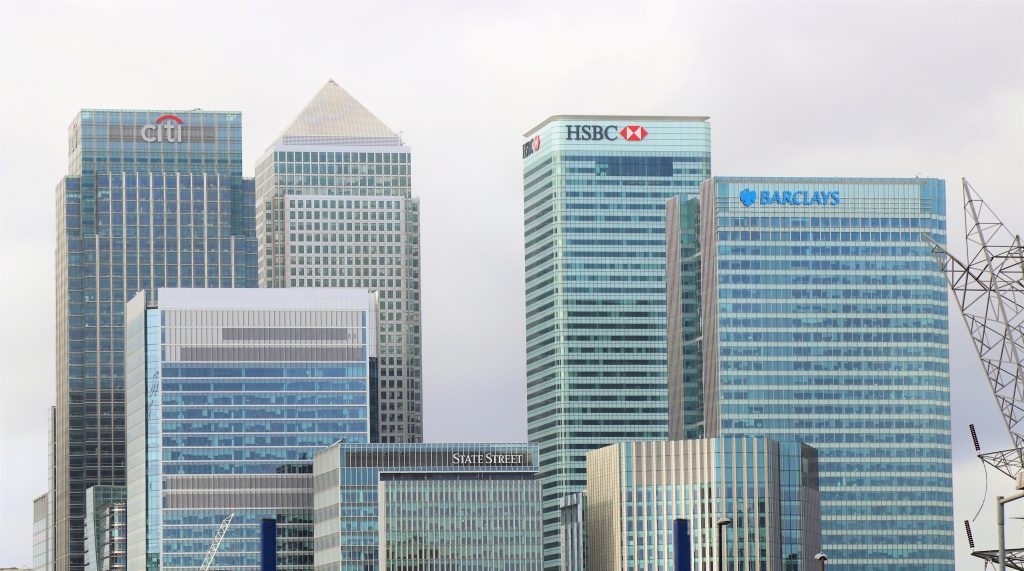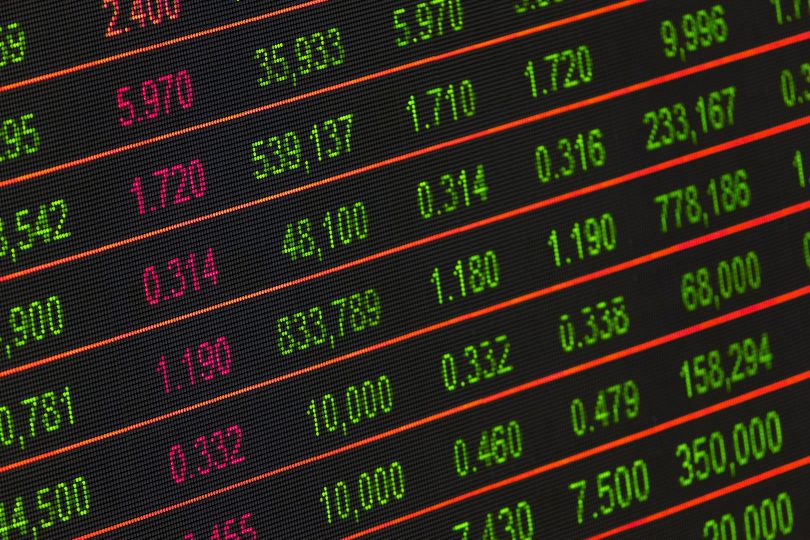The World Bank has lowered its growth projections for almost all major economies this year and next, warning that a second global recession is imminent this decade. This occurs at a time when nations all around the world are still struggling to recover from the Covid-19 pandemic’s severe economic impact, which has led to several lockdowns and economic disruption.
The organisation revised its previous estimates of 3% worldwide growth in both years down to 1.7% in 2023 and 2.7% in 2024. Two global recessions occurring in the same decade would be unprecedented since the Second World War.
The World Bank lowered its growth projections for nearly all advanced economies and over 70% of developing markets, blaming dramatic slowdowns in the US, the eurozone, and China for the downgrades. It is predicted that growth in advanced economies will decrease from 2.5% in 2022 to 0.5% in 2023. The World Bank stated that slowdowns of this size “have anticipated a global recession during the preceding two decades.”

The World Bank’s president, David Malpass, warned that the “already catastrophic” legacy of Covid and the ensuing global lockdowns might be made worse by Russia’s involvement in the conflict in the Ukraine, persistently high inflation, and global interest rate increases. As the outlook for global growth worsens, he continued, “the crisis facing development is intensifying,” and “weakness in growth and business investment will compound the already devastating reversals in education, health, poverty, and infrastructure, as well as the rising demands from climate change.”
The warning from the World Bank is hardly the only sign that the world economy is about to falter. The International Monetary Fund (IMF) has also downgraded its projection for global economic growth in 2021, citing key risks such as rising interest rates and inflation as causes. The IMF has reduced its previous prediction of 6.5% global economic growth to 6% for this year.
It is particularly troubling that China, the second-largest economy in the world, is experiencing an economic slowdown. The GDP growth rate of the nation hit a historic low of 6.1% in 2020, and although it is anticipated to rebound in 2021, the World Bank has issued a warning that growth will once again drop in the years to come.
Another important issue is the rise in inflation, which could drive central banks to hike interest rates and so hinder economic growth. A surge in debt defaults could result from higher interest rates, further harming the world economy.
In addition, a revival of the Covid-19 epidemic or rising geopolitical tensions could cause a downturn in the world economy. In order to help economic recovery, the World Bank has recommended nations to pursue more well-coordinated policy initiatives, such as increasing investment in infrastructure, education, and healthcare.
Nations all around the world are gravely concerned about the World Bank’s prediction that a second global recession is likely this decade. The world economy is still in a precarious state, and a number of threats, including as growing inflation, interest rate increases, a revival of the Covid-19 pandemic, and escalating geopolitical tensions, could send it into recession. In order to help economic recovery, the World Bank has recommended nations to pursue more well-coordinated policy initiatives, such as increasing investment in infrastructure, education, and healthcare. In order to prevent a second global recession this decade, it is crucial for nations to cooperate in order to reduce these risks and encourage economic growth.




